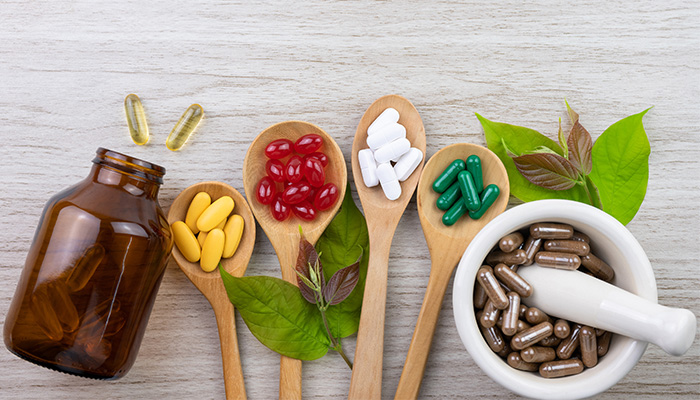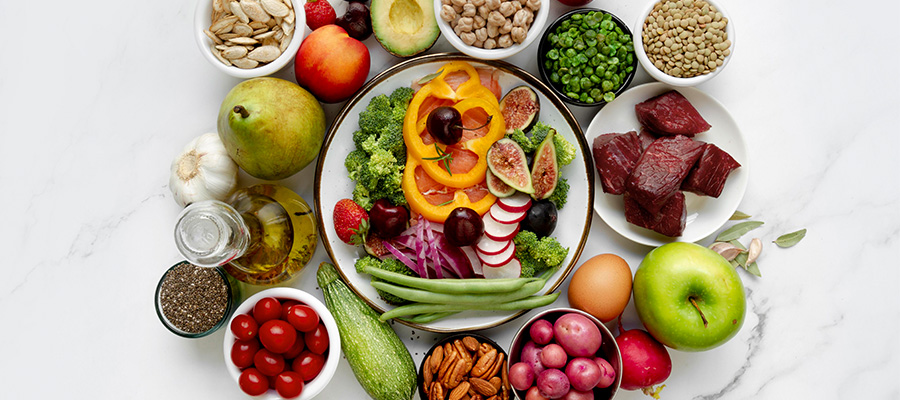Nutrition plays a critical yet often underestimated role in how the body responds to regenerative medicine treatments. Whether you’re undergoing Platelet-Rich Plasma (PRP) therapy, stem cell injections, or prolotherapy, your diet and nutritional status can significantly impact the effectiveness of these therapies.
Tissue repair and regeneration require not only the right medical intervention but also a supportive internal environment. Just like construction workers need quality materials to rebuild a structure, your body needs nutrients to repair damaged tissues, reduce inflammation, and restore function.
Why Nutrition Matters for Regenerative Healing
Regenerative therapies aim to harness the body’s own healing processes. These processes are energy-intensive and require a steady supply of raw materials—amino acids, antioxidants, vitamins, and minerals. Without adequate nutrition, healing can be delayed or incomplete.
Inflammation, oxidative stress, and poor circulation are common barriers to recovery. A well-balanced diet can help address these challenges, improving blood flow to damaged tissues and supporting the immune system in managing injury-related stress.
Emerging research supports this connection. For example, studies have shown that nutritional deficiencies in vitamin D, magnesium, and protein are associated with delayed healing and poor musculoskeletal outcomes.
Key Nutrients That Support Tissue Repair

Certain nutrients are particularly important for supporting recovery after regenerative treatments:
Vitamin C
Required for collagen synthesis and tissue repair. Low levels can impair healing of ligaments, tendons, and skin.
Found in: citrus fruits, kiwi, strawberries, bell peppers, and broccoli.
Omega-3 Fatty Acids
Help reduce systemic inflammation and may support healing in tendinopathies and cartilage damage.
Found in: fatty fish (like salmon and sardines), flaxseeds, chia seeds, and walnuts.
Protein (especially collagen-rich)
Provides the amino acids needed to rebuild tissues and enzymes involved in the healing process.
Found in: eggs, poultry, legumes, Greek yogurt, and collagen supplements.
Zinc
Plays a key role in wound healing and immune function.
Found in: pumpkin seeds, shellfish, beef, and lentils.
Magnesium
Involved in hundreds of enzymatic processes, including those related to muscle and nerve function.
Found in: leafy greens, almonds, bananas, and black beans.
Vitamin D
Modulates inflammation and supports bone health. Low levels are associated with chronic musculoskeletal pain.
Found in: sunlight exposure, fortified dairy products, and supplements if needed.
What to Eat (and Avoid) to Support Regenerative Medicine Recovery

A healing-supportive diet emphasizes:
- High-antioxidant fruits and vegetables (e.g., berries, leafy greens, cruciferous vegetables)
- Healthy fats (especially omega-3s)
- Lean proteins from diverse sources
- Whole grains like oats, quinoa, and brown rice
- Adequate hydration
On the other hand, certain foods can hinder the healing process:
- Highly processed foods high in added sugars
- Refined carbs (e.g., white bread, pastries)
- Excessive alcohol
- Trans fats and industrial seed oils (e.g., soybean or corn oil)
These can increase inflammation, interfere with insulin sensitivity, and reduce your body’s ability to heal.
Supplements That Support Tissue Repair and Recovery

While whole foods should be the foundation of any recovery plan, supplements can be useful for addressing specific deficiencies—particularly for individuals with restricted diets or existing health conditions.
Supplements commonly considered in conjunction with regenerative treatments include:
- Vitamin D (especially in northern climates or during winter)
- Collagen peptides
- Omega-3 fish oil
- Magnesium glycinate
- Curcumin (a compound in turmeric with anti-inflammatory properties)
However, not all supplements are created equal, and some may interact with medications or pre-existing conditions. It’s best to discuss supplementation with your provider or a qualified nutrition professional.
The Big Picture: Healing Is Holistic
Successful outcomes from regenerative medicine depend on more than the procedure itself. Movement, sleep, stress management, and nutrition all influence the body’s ability to recover and regenerate.
Even modest changes—like increasing protein intake, reducing processed foods, or adding a vitamin D supplement—can help your body create the conditions necessary for healing.
Additional Resources
Sources
¹ Gál P, Kováč I, et al. “Nutrition in wound healing: the role of micronutrients.” Medicina. 2019.
² Barker T, Martins TB, et al. “Circulating micronutrient levels in older adults with and without chronic musculoskeletal pain.” Nutritional Journal. 2017.

